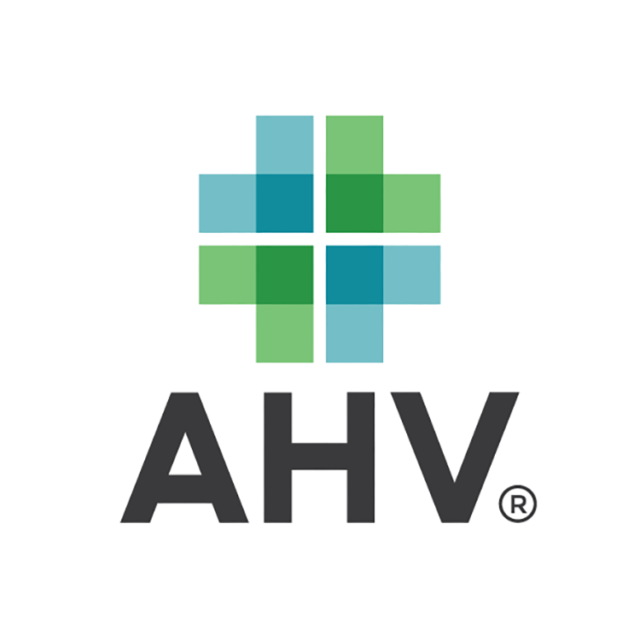As the global dairy industry continues to raise the bar on milk quality, Pfizer Animal Health recognizes a need for easy access to resources to help producers improve their milk quality decision-making. As a result, the company has launched a new online resource – www.milkqualityfocus.com/ – offering technical and actionable information on mastitis management and milk quality.
“We understand the challenges dairy producers face and the constant commitment they must have to manage mastitis and produce high-quality milk,” says Dr. Bradley Mills, DVM, Veterinary Operations, Pfizer Animal Health. “With more stringent European Union somatic cell count (SCC) standards on the way, Milk Quality Focus will provide a timely and valuable source of technical, practical and easy-to-use information on mastitis and milk quality.”
Each month, Milk Quality Focus will feature video perspectives from industry experts, veterinarians, dairy producers and processors on a new topic that incorporates the most recent research and efficacy data on mastitis therapies; practical and easy-to-implement advice on mastitis management; and insight on ways to improve milk quality and increase productivity.
The video series currently posted to the Milk Quality Focus website explores dry cow mastitis therapies, featuring insights from Sandra Godden, DVM, DVSc, professor, College of Veterinary Medicine, University of Minnesota, and Ron Locke, Top ‘O The Morn Farms in Tulare, California. Future videos will highlight and incorporate:
• Benefits of extended therapy and broad-spectrum treatment;
• How milk quality impacts the bottom line;
• Incidence and management of coliform mastitis;
• Positive impacts of a structured milk quality management plan; and
• Examining the milk quality supply chain.
Mastitis is a common disease and is estimated to cost the U.S. dairy industry nearly $1.7 billion annually. Producers who implement a structured mastitis detection and treatment program will more effectively combat negative impacts of mastitis, including lowered milk production, reduced milk quality, extra labor, increased replacement cow costs, veterinary fees and treatment costs.
“Even if a dairy’s average SCC falls within minimum standards, we have a real responsibility as an industry to produce the best quality milk on each operation that we can,” Mills adds. “There are real dollars at stake here and our experience tells us that producers are continually seeking tips and new information to help make better, more educated treatment and animal health management decisions. This resource will serve as another tool in their arsenal.”
Mills advises dairy producers to use Milk Quality Focus as a starting point for discussions with their veterinarian or animal health representative about improving their mastitis management program. A successful milk quality program includes proper identification of disease, both clinical and subclinical; milk culturing to determine pathogens and proper treatment options; and appropriate management techniques to reduce mastitis incidence.
“Milk quality makes a difference – both in the grocery store and on the dairy operation,” Mills says. “We hope this resource will not only help producers make better day-to-day decisions on the operation, but improve the quality of milk produced across the dairy product supply chain.”
—From Pfizer Animal Health news release







